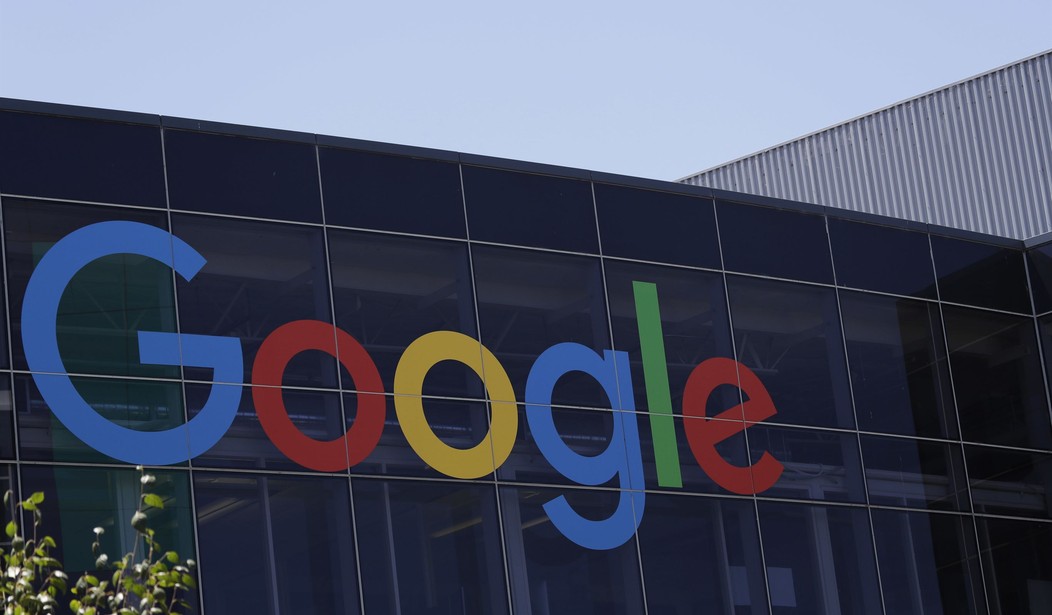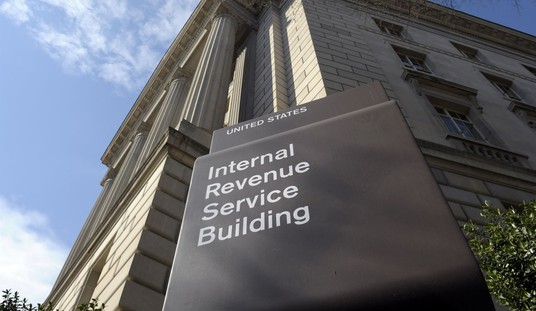Most people know that Google's original motto was: “Don't be evil.”
Cute, right?
Perhaps a more fitting summary of the company's philosophy, however, would have been: “Don't get caught.”
Recent events suggest that Google may be about to fall spectacularly short, by that narrow ethical standard. Why and how? Oral arguments before the Supreme Court last week in Google v. Oracle have exposed what was one of the biggest and most brazen heists of intellectual property in American history, and Google was the culprit. It indeed got caught — with its hand in the digital cookie jar. Very soon, though, justice may be served.
The facts are by now well-established. More than a decade ago, when Google was still just a fashionable search engine rather than a multi-headed corporate behemoth, the decision was made to cut and paste thousands of lines of computer code from Oracle's Java operating system. The code would be repurposed in Google's fancy new Android operating system for smart phones. And — voilà! — Google became a telecommunications powerhouse overnight, without the bother of having to come up with its own code to solve the myriad technical problems involved. Google thought of it as a shortcut. You and I, with our antiquated notions of “private property”, might more properly regard it as theft.
One of Google's main arguments, articulated by legions of the best lawyers money can buy, is that its appropriation of Oracle's code constitutes “fair use”, a doctrine that allows portions of someone else's intellectual property to be reproduced and reused if it was done for a “transformative” purpose. Google, though, altered nothing about the code, which operates in Android exactly the same way it does in Java.
Recommended
What did the esteemed Justices of the Supreme Court make of Google's chicanery?
Justice Alito expressed concerns that, “under [Google's] argument, all computer code is at risk of losing protection…” Justice Gorsuch observed that other big tech companies have “been able to come up with phones that work just fine without engaging in this kind of copying”. So what makes Google so special? But it was Chief Justice John Roberts who said it best: “Cracking the safe [stealing, in layman's terms] may be the only way to get the money that you want, but that doesn't mean you can do it. I mean, if it's the only way, the way for you to get it is to get a license.”
Needless to say, it's commonsensical observations like these that make Google's high-priced lawyers sweat through their bespoke Savile Row suits!
But SCOTUS is not alone in rolling its eyes at Google's presumption. Many other voices, across the corporate and ideological spectrum, have come together to condemn Google's perversion of the fair use doctrine, and its pilfering of Oracle's intellectual property. Industry associations in fields as diverse as music and book publishing, journalism, health care, and telecommunications have condemned Google's actions as inimical to the preservation of intellectual property rights — and thus as potentially harmful to their business interests, which support millions of American jobs.
Heck, even the Obama and Trump DOJs both supported Oracle's position and criticized Google — and when do Obama lawyers and Trump lawyers agree on anything???
With all these voices uniting in opposition to Google's high-tech marauding, we might ask: is a comeuppance for the shadowy Alphabet empire finally on the horizon? At times it has seemed as though Google's rise to digital supremacy was inevitable and unstoppable. Maybe, just maybe, though, with a little help from the highest court in the land, the company's ballistic trajectory, which has always been aimed squarely at online hegemony, can be deflected at long last. Maybe, just maybe, Google could rejoin the ranks of us mere mortals, who pay our taxes, play by the rules, and, when we use someone else's intellectual property, negotiate in good faith and pay them for the privilege
Wouldn't that be nice?
This day has been a long time in coming. Thanks to the Supreme Court, it sure looks as though we're very nearly there.
Dr. Nicholas L. Waddy is an Associate Professor of History at SUNY Alfred and blogs at: www.waddyisright.com. He appears weekly on the Newsmaker Show on WLEA 1480/106.9.






















Join the conversation as a VIP Member